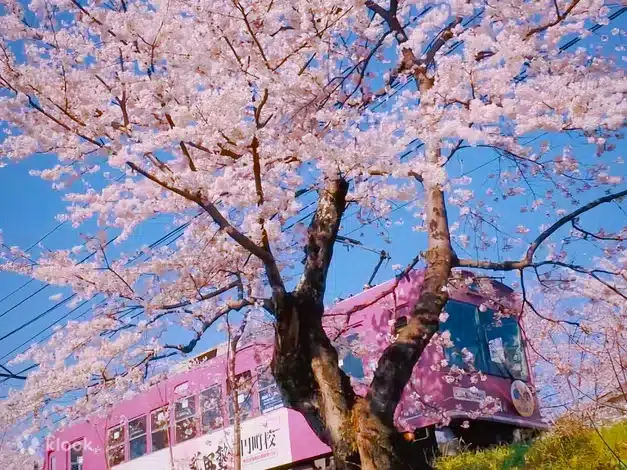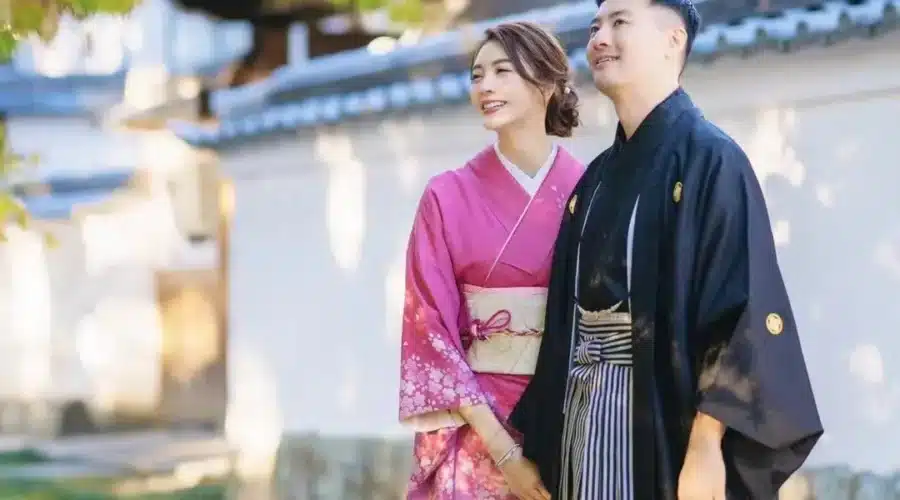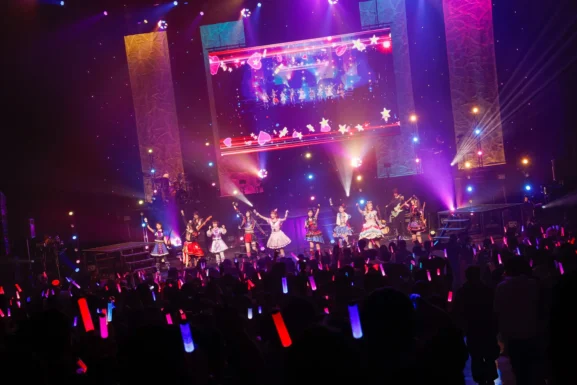Untranslatable Japanese Words You Need To Know: A Deep Dive into Japan’s Unique Linguistic Gems
Hey there, language lovers and Japan enthusiasts! If you’re captivated by Japanese culture—from anime to sushi to the serene beauty of cherry blossoms—you’ve likely encountered untranslatable Japanese words that defy English equivalents. These unique Japanese phrases are like windows into Japan’s soul, revealing its values, aesthetics, and way of life. Today, we’re exploring a handful of these Japanese vocabulary treasures that you need to know to deepen your understanding of Japanese philosophy and culture. Trust me, these untranslatable words will enrich your perspective on Japan—and maybe even your own life!
Are you Visiting Japan soon?
Let us make your trip effortless. From tickets and hotels to transport and local guides, we arrange everything for you or your group. Whether it’s a music festival in Tokyo or a business conference in Osaka, our custom travel service ensures you enjoy the event stress-free.
Contact Jasumo Now →Grab a cup of matcha, settle in, and let’s dive into these beautiful Japanese words that capture emotions, moments, and philosophies in ways English can’t.

1. Wabi-Sabi (侘寂): The Beauty of Imperfection
Ever gazed at a cracked teacup or a weathered wooden table and thought, “That’s oddly beautiful”? That’s wabi-sabi, a cornerstone of Japanese aesthetics. This untranslatable Japanese word celebrates the beauty of imperfection, transience, and the natural cycle of growth and decay. It’s about finding charm in the flawed or aged—think of a rustic Zen garden or handcrafted pottery with uneven edges, embodying Zen philosophy.
In a world obsessed with perfection, wabi-sabi is a refreshing take on mindfulness, encouraging us to embrace life’s imperfections. Rooted in Japanese culture, it’s a reminder to appreciate the fleeting nature of everything. Next time you spot a scratch on your favorite mug, channel wabi-sabi and see it as a mark of character.
2. Mono no Aware (物の哀れ): The Bittersweet Beauty of Transience
Ever felt a pang of sadness watching cherry blossoms fall or finishing a beloved book? That’s mono no aware, one of the most poignant untranslatable Japanese words. Roughly translating to “the pathos of things,” it captures an awareness of impermanence and the bittersweet beauty of fleeting moments. This Japanese philosophy is deeply moving, evoking both joy and melancholy.
Mono no aware is woven into Japanese literature, art, and festivals like hanami (cherry blossom viewing). It’s a call to stay present and cherish life’s ephemerality. This unique Japanese phrase makes you pause and reflect, a true gem of Japanese vocabulary.
3. Komorebi (木漏れ日): Sunlight Filtering Through Trees
Imagine strolling through a forest as sunlight dances through leaves, casting a warm, dappled glow. That magical interplay of light and shadow is komorebi, a Japanese nature word that’s as serene as it sounds. This untranslatable Japanese word captures a fleeting moment in nature, evoking calm and a deep connection to the nature aesthetic.
Japan’s love for the natural world shines in komorebi, making it a perfect addition to your Japanese vocabulary. Try using this unique Japanese phrase on your next forest walk to elevate the experience with mindfulness in nature.
4. Tsundoku (積ん読): The Art of Buying Books You Don’t Read
Bookworms, this one’s for you! Tsundoku is the act of buying books and letting them pile up, unread, on your shelves. A blend of “tsumu” (to pile up) and “doku” (to read), this untranslatable Japanese word is a relatable quirk for anyone who can’t resist a bookstore. It’s a must-know for Japanese words for book lovers.
In Japanese culture, where learning is revered, tsundoku is almost a badge of honor—a promise of future knowledge. So, embrace your towering book stack as a celebration of book collecting and reading habits, and add this unique Japanese phrase to your lexicon.
5. Ikigai (生き甲斐): Your Reason for Being
Searching for your life’s purpose? Ikigai is a Japanese philosophy that translates to “a reason for being.” It’s the sweet spot where your passions, talents, values, and the world’s needs intersect—a key to finding purpose. This untranslatable Japanese word is about what makes you leap out of bed each morning.
Linked to longevity and happiness in Japanese culture (think Okinawa’s centenarians!), ikigai is a cornerstone of personal growth. Whether it’s gardening or binge-watching anime, your ikigai gives life meaning. Add this unique Japanese phrase to your Japanese vocabulary and start reflecting on your own purpose.
6. Shinrin-Yoku (森林浴): Forest Bathing
No, it’s not a literal bath in the woods! Shinrin-yoku, or “forest bathing,” is the practice of immersing yourself in nature to de-stress and recharge. This Japanese wellness trend involves soaking up the sights, sounds, and smells of a forest, proven to boost mood and health. It’s a standout in Japanese vocabulary for mindfulness.
Japan’s reverence for nature shines in shinrin-yoku, now a global nature therapy practice. Next time you’re overwhelmed, find a park, take a deep breath, and let this untranslatable Japanese word work its magic.
Why These Untranslatable Japanese Words Matter
These untranslatable Japanese words aren’t just linguistic quirks—they’re gateways to Japan’s unique worldview. From the fleeting beauty of mono no aware to the purpose-driven ikigai, each unique Japanese phrase carries a piece of Japanese culture that resonates universally. They encourage us to slow down, savor the moment, and find meaning in the everyday.
Learning these Japanese vocabulary gems can enhance your travels to Japan, conversations with Japanese friends, or even your anime-watching sessions (spot mono no aware in Studio Ghibli films!). Plus, they’re fun to say—try rolling komorebi off your tongue for a taste of language learning.
How to Incorporate These Japanese Words into Your Life
- Wabi-Sabi: Decorate with handmade or vintage items that embody the beauty of imperfection.
- Mono no Aware: Journal fleeting moments that move you, inspired by cherry blossoms and impermanence.
- Komorebi: Notice sunlight filtering through trees on walks, embracing mindfulness in nature.
- Tsundoku: Celebrate your book collecting habit, aiming to read one book from your pile monthly.
- Ikigai: Reflect on what you love and how you can contribute, guided by finding purpose.
- Shinrin-Yoku: Schedule nature therapy walks to unplug and recharge with Japanese wellness.
Final Thoughts
Japanese culture is a treasure trove of untranslatable Japanese words that challenge us to think, feel, and connect in new ways. These unique Japanese phrases—from wabi-sabi to shinrin-yoku—offer profound insights into Japanese philosophy and aesthetics. Whether you’re a language learning enthusiast, a Japanophile, or just curious, these Japanese vocabulary words are must-knows.
Which untranslatable Japanese word resonates with you? Are you a tsundoku enthusiast or a wabi-sabi admirer? Drop a comment and let’s chat about your favorite Japanese words! For more on Japanese culture and language learning, check out our other posts.
Planning a Group Trip to Japan?
From corporate teams to friends traveling together, we create tailor-made travel packages. Enjoy VIP access, curated itineraries, and full support from our local experts. Tell us your plans, and we’ll handle the rest.
Contact Jasumo Now →


